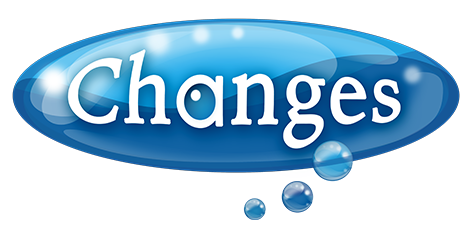What is Depression?
To discover more on ‘What is Depression?’ we have put together the following useful information to help you better understand the forms of depression such as post-natal, reactive depression, endognous depression, masked depression, plus symptoms and how it effects a person’s mood when depressed if not addressed and when addressed.

Depression, (i.e. a dip in mood), is a familiar and very human experience, it can result from the seemingly trivial matter of receiving a large gas bill, to the obvious trauma of bereavement. Well developed personal resources all help to lessen the hurt, making these downs relatively short-lived.
Depression only becomes a problem, when it’s experienced at an intensity and for a duration which goes beyond normal mood changes.
Depression can be described as either reactive or endogenous.
Reactive depression: is a response to something that has actually happened in your life, e.g. bereavement, divorce etc.
(Recurrent Reactive Depression, results from an inability to deal with relatively minor problems, e.g. everyday hassles).
Endogenous depression: (endogenous meaning, coming from within), has no obvious external cause. This type of depression comes ‘straight out of the blue’, as as result, (although it symptoms are similar), its effects are generally more severe than those of reactive depression.
Post-natal depression: this is a type of depression sometimes experienced by women after childbirth.
Symptoms of depression include: a sense of hopelessness and despair, frustration and anger, self doubt and low self-esteem, general apathy, loss of energy and interest, sleep and appetite disturbance, indecisiveness, indifference, irritability, slowness and confusion of thought, negative thinking, disliking or hating yourself or other people.
Masked Depression: you don’t have to feel depressed to be depressed!
Depression can be masked behind commonly associated symptoms, i.e. tiredness, insomnia, lack of appetite etc.
Depression can be masked behind produced behaviour, e.g. work problems, marital difficulties, drug taking, alcohol abuse etc.
Depression masked behind uncommon symptoms, i.e. depression releasing other symptoms
Psychological: anxiety, phobia, obsessions, perceptual problems etc.
Physical: heart problems, headaches, sore throats etc, i.e. psychosomatic, being generated by the mind, rather than having any medical basis.
Effects if not addressed: your drive and motivation diminish and life seems generally meaningless. There are exaggerated feelings of anxiety, guilt and hopelessness, sometimes suggesting that suicide is the only option. This has dire effects on your social and work relations, which can result in personal decline.
When addressed: whilst depression can prove distressing and challenging, (to all concerned), in recent years there have been major advances in their management. This has included the provision of user-led, person centred and recovery services providing a range of approaches which can be adapted to meet individual needs. As a result, provided you are prepared to engage with these ‘services’, the prospect of your recovery from depression is extremely high i.e. there is every chance that you will continue to live a purposeful and fulfilling life.
What is: Depression | Recovery | Bipolar Disorder | Anxiety | Schizophrenia
